Project Funding Breathes New Life into Monitoring Greenland's Seafloor
23.11.2023The Greenland Climate Research Centre and the Greenland Institute of Natural Resources have received funding of DKK 17.2 million for ..
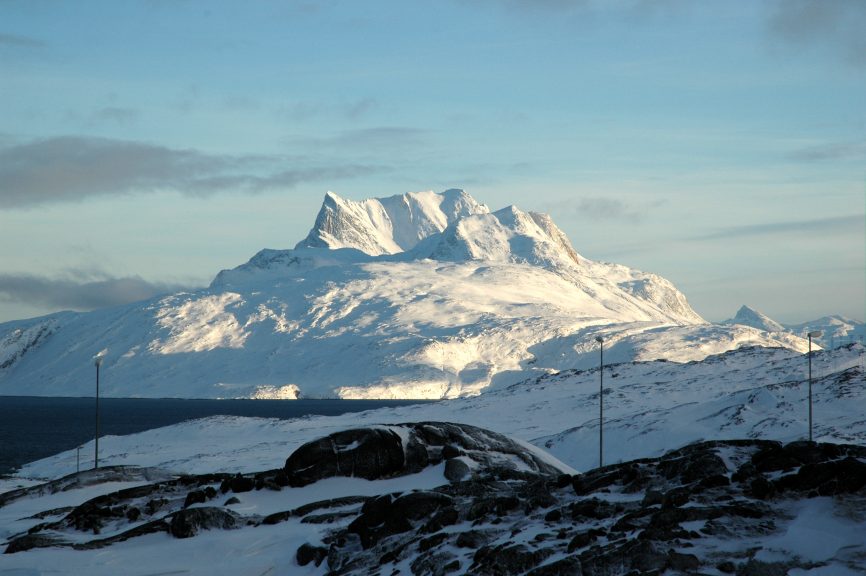
To apply for courses in the Arctic Science Study Programme (ASSP), please complete the “Student Information” form below. After submitting the completed form you will receive an e-mail with details on how to proceed with register for the courses and other practical information.
The ASSP offers graduate (masters) and PhD level courses. The courses in spring form one full semester (30 ECTS). Applicants applying for a full semester are given priority, however, it is possible to apply for single courses. You can find more information about the courses under Arctic Science Study Programme (ASSP).
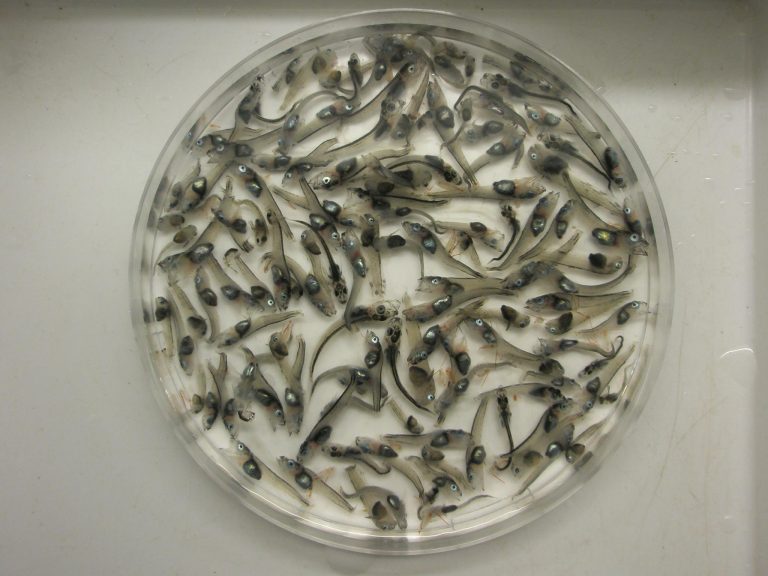
Mattak or double-cheese pepperoni pizza, who doesn’t like a fatty snack? In the World’s coldest seas, animals need fatty food to survive, and competition can arise if fatty items are scarce.
As the number of fatty items decreases with climate change, the life of young fish in the Greenland Sea seems more challenging nowadays. This is especially true for polar cod (Boreogadus saida; Greenlandic: eqalugaq) and since polar cod is an important food item for many species including Greenland halibut, narwhals, seabirds, and ringed seals, this fight over fatty food could have implications for hunters and fishers somewhere down the line as well.
In a new study published in the journal Elementa: Science of the Anthropocene, Dr. Caroline Bouchard, a researcher at the Greenland Institute of Natural Resources, and her colleagues show that young polar cod must now share their preferred food with more competitors, compared to the 1990s. The fatty, highly prized items are animals the size of a grain of rice: copepods of the genus Calanus. Dr. Bouchard and her team dissected the stomachs of young fishes to document their diet and realized that all fish species preferred Calanus over other copepod species. However, the polar cod they found had eaten smaller Calanus than the other fishes, a sign that polar cod may be losing the fight over fatty food. The potential competitors of young polar cod the researchers found in the Greenland Sea in 2017 (one snailfish species, one sculpin species, and ice cod) are normal Arctic residents. However, climate change will probably bring fish species from the south into the Greenland Sea, which could increase competition and, in turn, negatively affect polar cod populations. And this could be bad news since polar cod is a crucial source of fat for many birds and mammals, their mattak, so to speak.
For further information, contact:
Researcher Caroline Bouchard, Greenland Climate Research Center, Greenland Institute Of Natural Resources, email: cabo@natur.gl phone: 361200
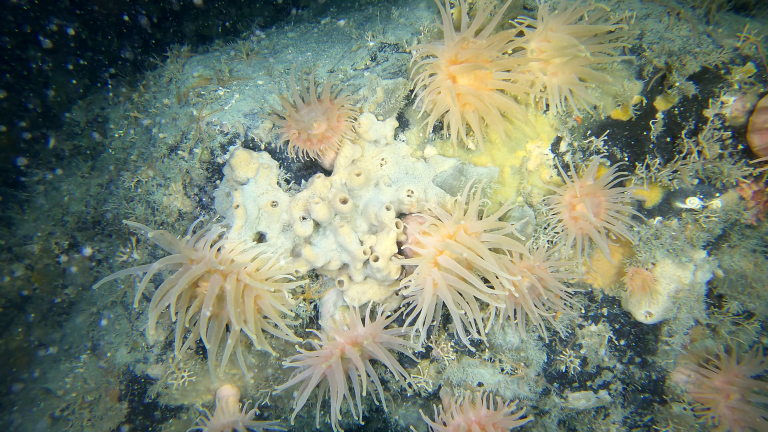
The Greenland Climate Research Centre and the Greenland Institute of Natural Resources have received funding of DKK 17.2 million for ..
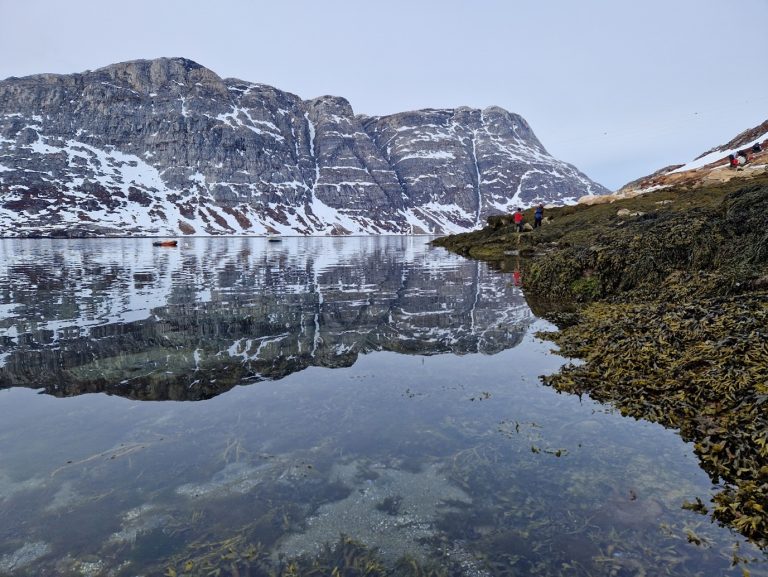
Macroalgae or seaweed are dominating rocky coastlines globally. Even here in Greenland, we can see small kelp such as the ..
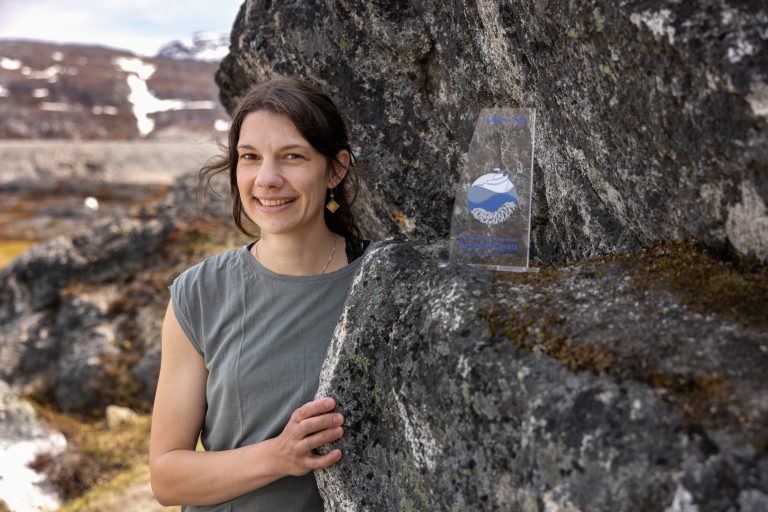
The dark, cold deep sea harbors many unseen treasures, one of which is corals that most people only associate with ..